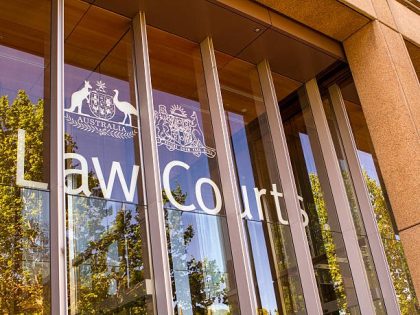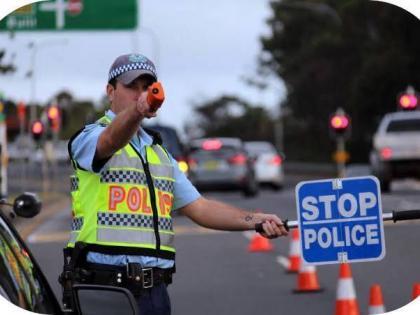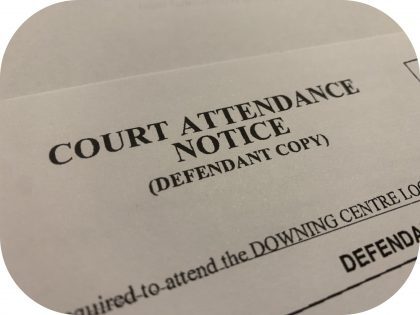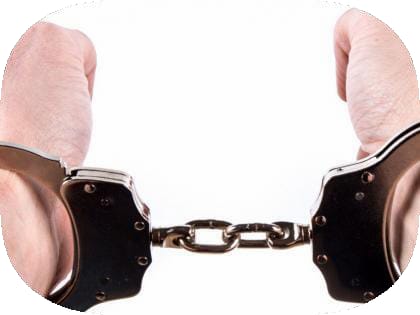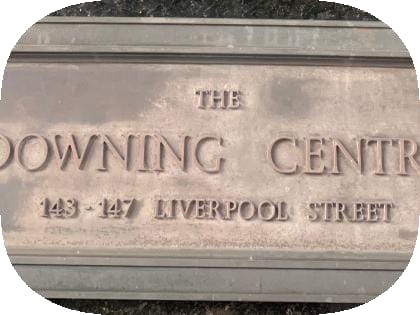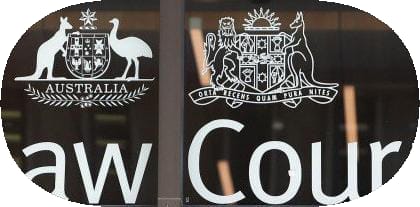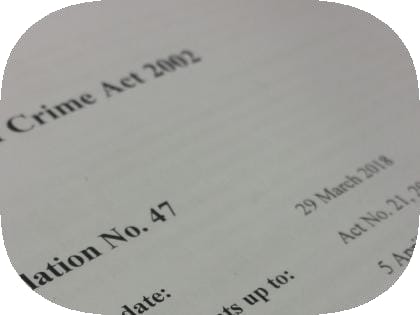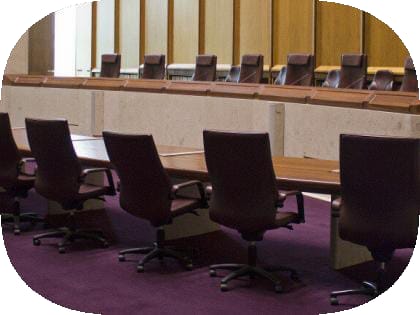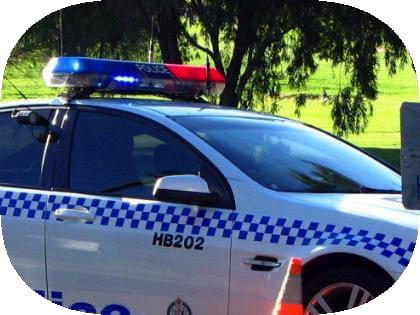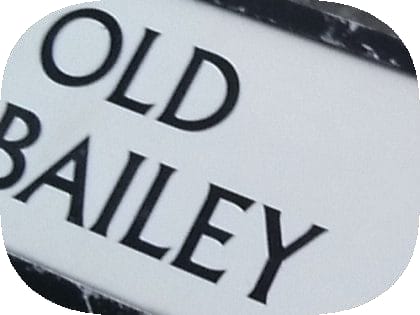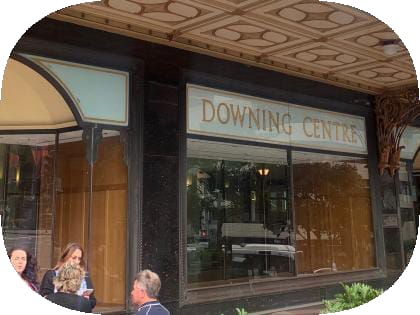Case review: Liberato v R [1985] HCA 66
0 CommentsFacts and Issue
The applicants were accused and convicted of rape in lower courts. They applied for special leave of appeal to the High Court, alleging that there was a miscarriage of justice due to the directions given to the jury by the Judge.
Jury Instructions at Trial
The trial judge directed the jury that an accused was entitled to be acquitted if the jury were “satisfied” that an accused had an exculpatory belief, and “if that gives rise to a doubt” about the accused’s guilt. This may have been taken by the jury as if it were possible that an accused believed that the alleged victim was consenting, the accused could be acquitted.
Additionally, His Honour stated: “if you are unable to make a choice, then clearly you have not been satisfied beyond reasonable doubt and the accused must be acquitted.”
Avoiding Unfair Inference
The HCA held that: “The jury must be told that, even if they prefer the evidence for the prosecution, they should not convict unless they are satisfied beyond reasonable doubt of the truth of that evidence. The jury must be told that, even if they do not positively believe the evidence for the defence, they cannot find an issue against the accused contrary to that evidence if that evidence gives rise to a reasonable doubt as to that issue. His Honour did not make that clear to the jury, and the omission was hardly remedied by acknowledging that the question whom to believe is “a gross simplification”.”
False Denials
Each of the accused, except Liberato denied that sexual intercourse has taken place.
The jury were directed that if they were satisfied that the lies had been told out of a consciousness of guilt of rape, the telling of the lies was corroborative of the victim’s evidence.
The HCA held that: a ‘sufficient warning against placing too much reliance on the false denials was not given, and that failure may have affected the weight which the jury would otherwise have given to the competing bodies of evidence.’
Decision
The HCA held that:
‘In cases where an error of law affects the way in which a jury assesses the strength of the evidence tending to show the guilt of an accused person, a Court of Criminal Appeal cannot rely on the jury’s assessment in considering the application of the proviso.’
‘It is appropriate to grant special leave to state what is the correct approach to the application of the proviso.’
Essentially, it found that the directions given to the jury were not adequate, and as such, there was a miscarriage of justice in the lower court’s decision.
Significance
This case established the ‘liberato direction’, which plays a critical role in protecting defendants from potential biases that may arise from their silence or failure to testify. By clearly instructing juries on how to approach such situations, it reinforces the foundational principles of justice within the Australian legal system.
About Post Author
* Information contained in this article is of a general nature only and should not be relied upon as concise legal advice.
Please contact for legal advice tailored to your situation. *
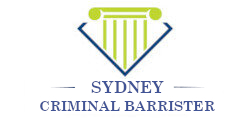

![Case review: Liberato v R [1985] HCA 66](https://walkercriminallawyer.com.au/wp-content/uploads/2024/10/jury-870x500.jpg)

![Case review: R v Mauger [2012] NSWCCA 51](https://walkercriminallawyer.com.au/wp-content/uploads/2024/10/conviction-1-420x269.webp)


